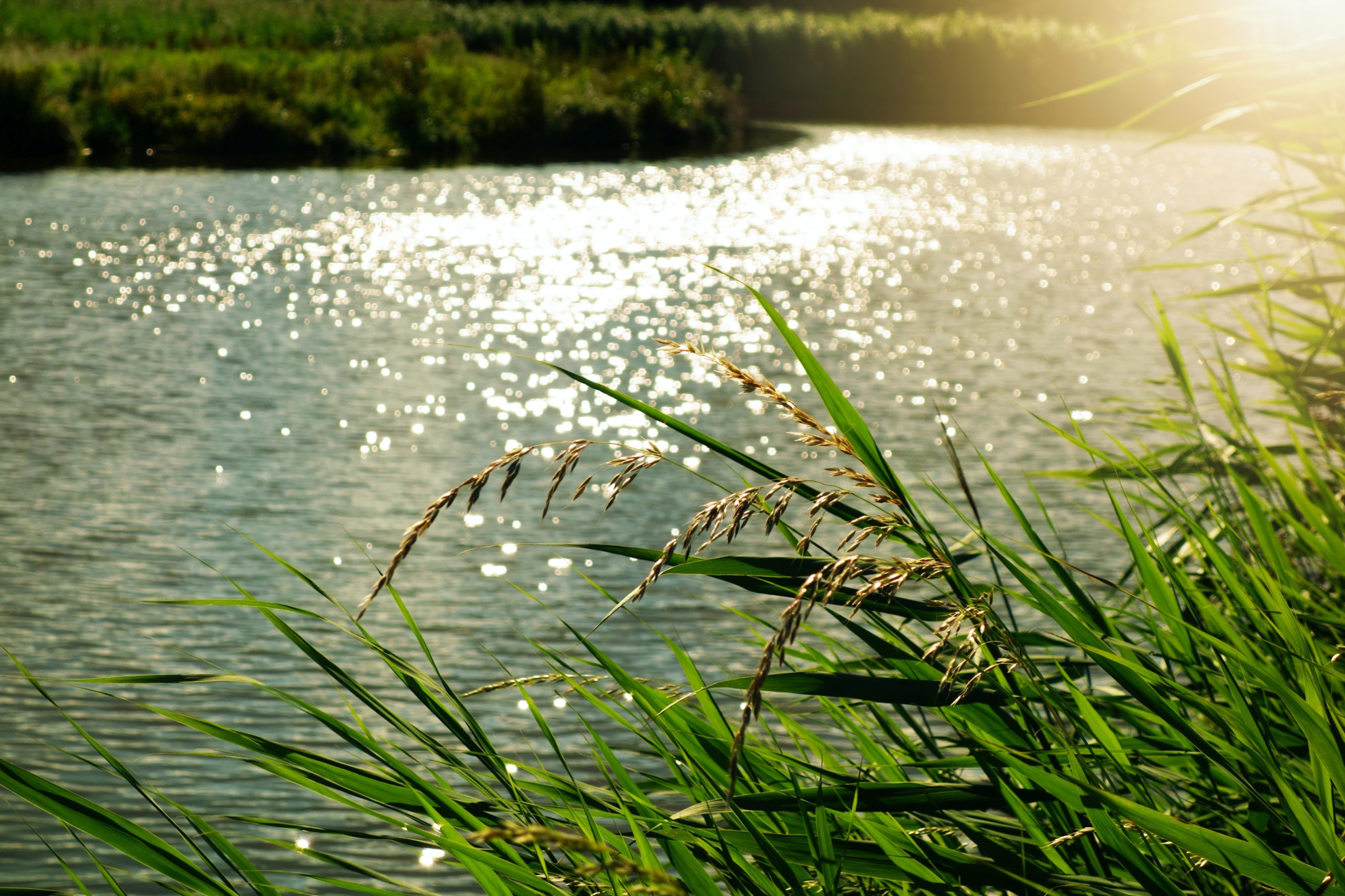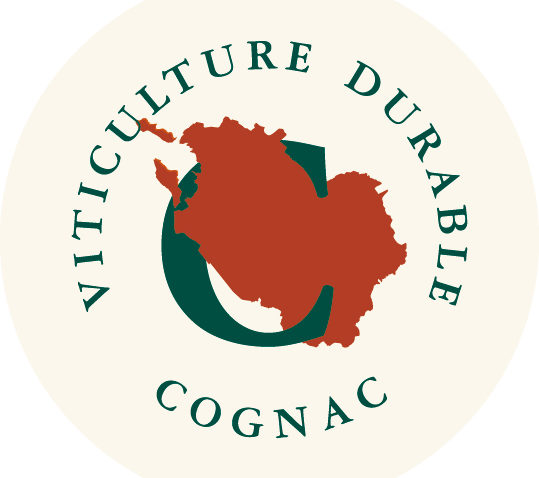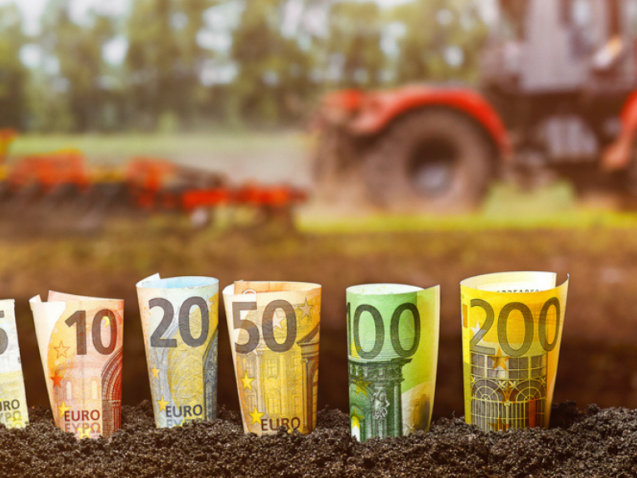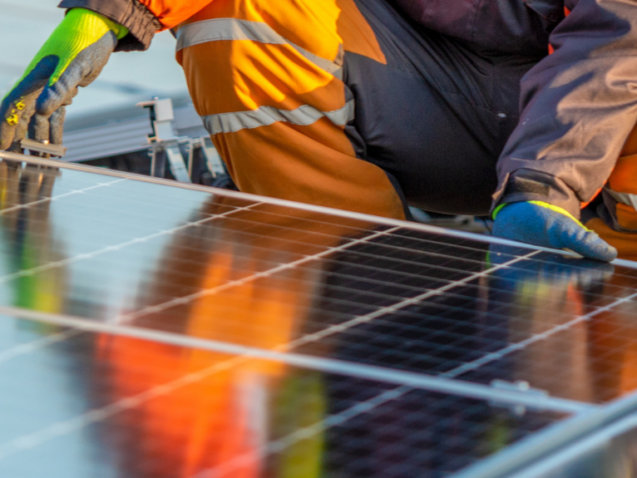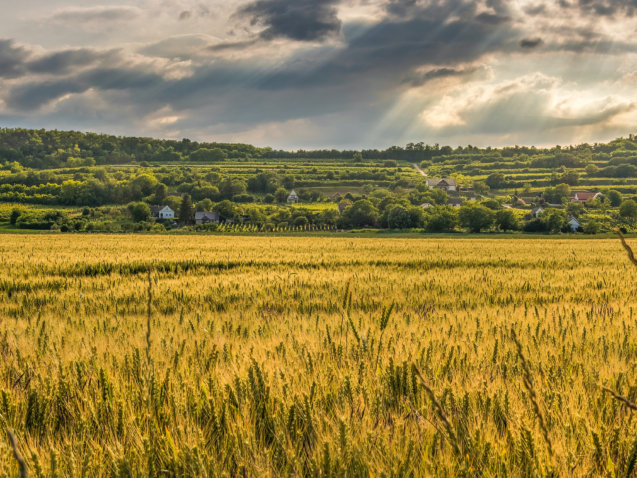
The EU food and drink industry works to protect and improve ecosystems, particularly through better sourcing of raw materials within and beyond Europe’s borders. We are fully committed to building deforestation-free supply chains for food and drink products.
Sustainability is vital in everything we do – this means protecting the earth’s resources for our own and future generations. It is possible to produce food and drink products while preserving and protecting the environment, but it requires joined-up thinking and a commitment from the whole food chain on every continent.
Given the global trade in food and commodities, we need stringent measures across Europe that ensure the problem is not simply exported abroad. FoodDrinkEurope is committed to supporting sustainable food production through partnership initiatives and science-based policies, and to keeping consumers informed about their choices in a transparent way.
Biodiversity loss is a serious threat to our planet. As a major buyer of agricultural raw materials, the EU food and drink sector is highly dependent on healthy ecosystems, both across Europe and further afield. Stakeholders have an important role in helping to deliver the EU’s objectives under the 2030 Biodiversity Strategy.
We need an ambitious and holistic policy, based on scientific data and impact assessments, to deliver these objectives without negatively affecting other aspects of sustainability including food security, food safety and competitiveness.
Sustainable forest management is vital both within Europe and globally. Forests mitigate climate change, protect against natural environmental disasters and are integral to a clean water supply. Although they represent 30% of the land mass, forests are home to 80% of the world’s terrestrial biodiversity, and we all depend on them.
The EU food and drink industry has been working to make its supply chains deforestation-free for the past ten years and we need to do more. In this context, we need to work collectively to implement the United Nations’ Sustainable Development Goals. As we consume about 10% of global embodied deforestation in Europe through imports, we need to use the EU’s trade policy as one of the tools to promote forest-friendly supply chains. Additionally, in the EU, we need a harmonised framework for due diligence alongside the strengthening of the credibility of forest certification schemes.


